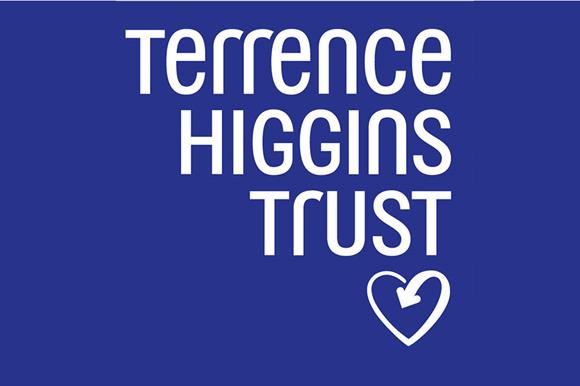More than half of people living with HIV in the UK have faced discrimination, reveals a new study
The Terrence Higgins Trust revealed the shocking statistics on World HIV/Aids Day
By Steve Brown

More than half of people living with HIV have faced discrimination, according to a new survey.
On World HIV/Aids Day (December 1), the Terrence Higgins Trust – the UK’s leading HIV and sexual health charity – revealed that 54 per cent of people living with HIV have experience discrimination while dating or in a relationship because of their HIV status.
The study also found that a third (34 per cent) had experienced discrimination while accessing health care services and almost a third (30 per cent) had the same discrimination at work.
More than a quarter (27 per cent) admitted to be discriminated against by friends and almost a fifth (18 per cent) from family members.
Around 21 per cent had revealed they had faced discrimination from people in their local community.
When asked about fearing HIV discrimination, more than half said it made them feel anxious (61 per cent), impacted their mental health (60 per cent) and impacted their self-worth (59 per cent).
Around 59 per cent said it made them feel unable to talk about it at work, with friends (53 per cent), with family (52 per cent) and talking about it openly while dating (51 per cent) and 50 per cent said it made them feel alone.
Despite groundbreaking medical progress that has been made over the last 30 years, meaning people with the virus can live long and healthy lives, the results show misinformation about the virus still causes stigma.

Ian Green, Chief Executive of the Terrence Higgins Trust, said: “Earlier this week we received the wonderful news that we are even closer to ending HIV here in the UK.
“To have achieved the 90:90:90 targets one-year ahead of the target truly demonstrates the UK’s position as a leader in the HIV sector, which is something we very much hope to continue.
“We now have the tools to end HIV transmission here in the UK – a combination of regular testing, PrEP, condoms and treatment as prevention – and it’s vital we continue to ensure people are aware of those tools, know how and are able to access them.
“However, as ending HIV transmissions in the UK becomes a reality, we must support those living with the virus to thrive, and end the stigma they face.
“We must not just focus our efforts on reaching zero transmissions, but also zero stigma.
“The results from our polling are extremely saddening, although perhaps not shocking, as work from the Stigma Index earlier this year demonstrated a similar sentiment.
“This World AIDS Day, as we mark 30 years since the first, we will remember the many loved ones we’ve lost.
“We will celebrate the progress we’ve made in their memory, and we will stand shoulder to shoulder and continue to work together with one another to hit zero HIV transmissions and zero HIV stigma for good.”
